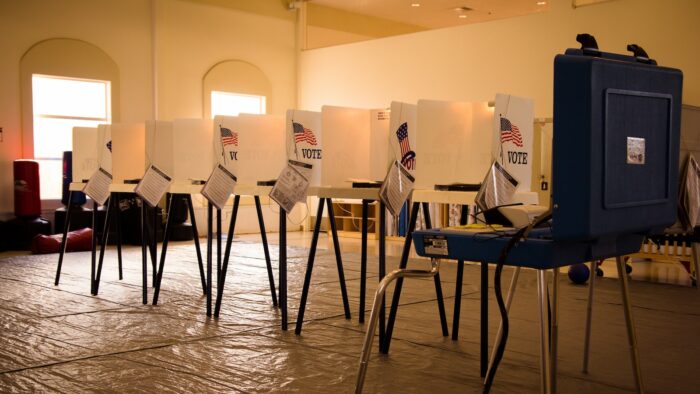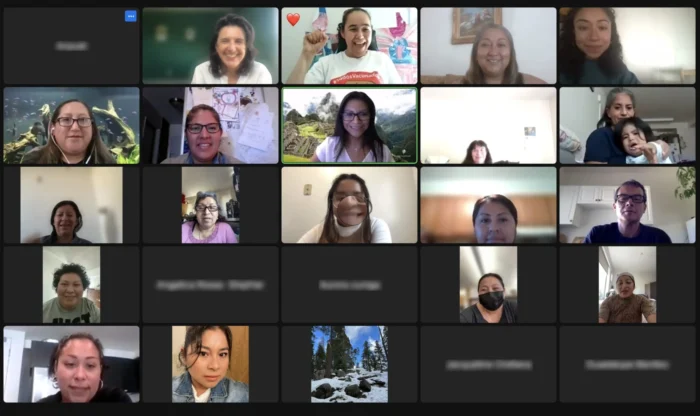Joshua BentonNovember 6, 2023
“At the time of this writing, it is difficult to avoid the realization that one side of politics — mainly in the U.S. but also elsewhere — appears more threatened by research into misinformation than by the risks to democracy arising from misinformation itself.”








